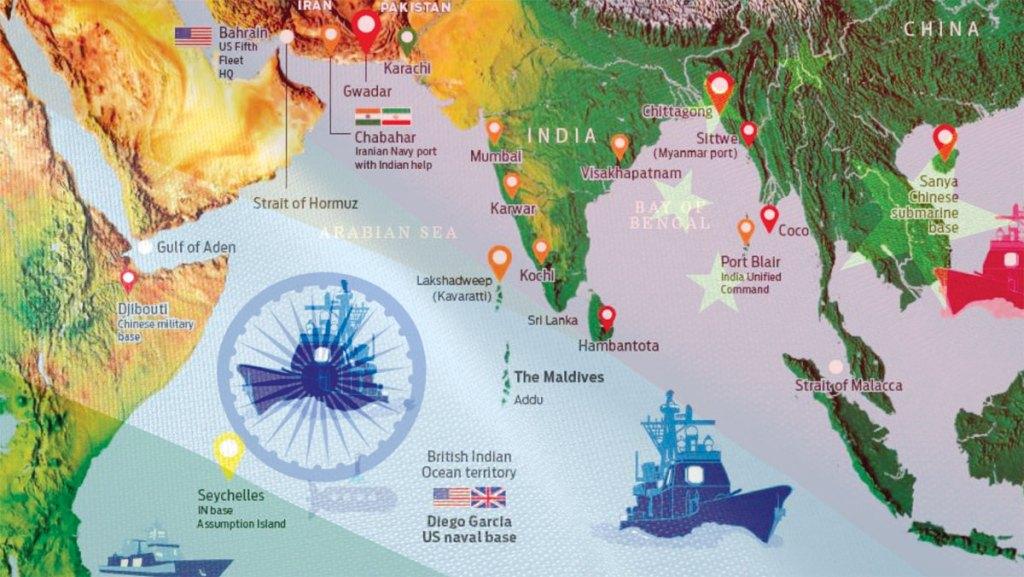Africa-Press – Mauritius. The year 2022 is finally coming to an end. It will have been marked by what seems to us to be the definitive end of the Covid pandemic, meaning by the same token the resumption of economic activity.
But it will also have been marked by a deepening of the socio-economic effects of the pandemic and the slowdown in the global economy. Indeed, despite a sustained recovery in activity in the major sectors of our economy – tourism, finance and real estate in particular – global inflation has hit Mauritians hard.
The high cost of raw materials, energy prices and our excessive dependence on imports have had a direct impact on the purchasing power of households. But the increase in prices, the difficulty in stabilizing the Rupee or the inflation which is struggling to be controlled despite the increase in the Repo Rate, are the signs of a larger, deeper problem as well.
A problem that we still have trouble fully grasping in reality. It is however quite simple and could be summed up as follows: the Covid pandemic has produced a radical shift in the power relations of global geopolitics with, for immediate effect, a transformation that will take other forms – forms that will be conditioned by the imperatives linked to global warming and the digital or digital revolution.
These transformations of globalization are, for us in Mauritius, essential data that it is imperative to understand because our country is entirely exposed to its dangers, but also to its potentialities.
And these transformations will impact our lives in increasingly significant ways in 2023. So what does 2023 have in store for us? And what awaits us on the geopolitical, economic, security and political level?
1. Geopolitics, historical and strategic alliances On the geopolitical front, we easily guess that we will have to count on an acceleration of the militarization of the Indian Ocean.
This region of the world, where Mauritius has nearly two million km2 of Exclusive Economic Zone (EEZ), is rapidly becoming the nerve center of global security. This is due to the deployment of the New Silk Roads and China’s massive investments in the African continent.
After the AUKUS agreement for the purchase of nuclear submarines by Australia, the United States now seems to be more focused on its security interests in our region of the world.
The negotiation for the return of the Chagos Archipelago to Mauritian sovereignty will take place in this context, and the PM has already indicated that Mauritius will not seek to change the status quo, which implies that the government will focus on the rent that we will be able to collect from the United States for their base in Diego Garcia.
Along with this, the military efforts of the Indian Navy will continue to intensify. India is slowly filling the vacuum created by the gradual withdrawal of the British Navy from our ocean.
This intensification of the Indian Ocean’s securing of the Indian Navy is part of a set of tacit agreements with the United States and France – with President Macron making it clear that France would work in concert with the Indian army in order to that respect for island sovereignties be preserved –; even if Indian international policy continues to advocate a highly strategic non-alignment for the interests of the Great Peninsula.
Mauritius will have to navigate carefully in this ocean of geopolitical multipolarity, consolidating its historical alliances while creating other strategic alliances.
2. Economy and recovery
Economically, we know that the forecast for 2023 is not optimistic with the peak of global inflation expected to arrive by the middle of the year (if current conditions remain the same).
This will inevitably have a significant impact on households in Mauritius. Our excessive dependence on imports and our economic strategy based on mass consumerism will cause household purchasing power to continue to fall.
The government’s room for maneuver is, in reality, extremely limited on this issue. Our development model cannot be radically transformed and oriented towards local production overnight.
Too many fundamentals – like declining productivity, lack of manpower, inadequate training, etc. – are not present to be able to envisage rapid transitions towards a real economy and local production.
As a result, we will remain extremely dependent on Foreign Direct Investments (FDI) and extremely exposed to price fluctuations on world markets. The current recovery in our key sectors is, on the other hand, an extremely encouraging sign.
In line with the global recovery, proven sectors needed to be able to restart in order to stabilize the national economy. But it is also essential that the government look into opening up other sectors of activity, and especially those that will be promising for the transformations to come and that are less dependent on the FDI.
The challenge is immense in this area since it involves reviewing our economic policies as much as our education policies, land use planning and our migration policies.
For More News And Analysis About Mauritius Follow Africa-Press







